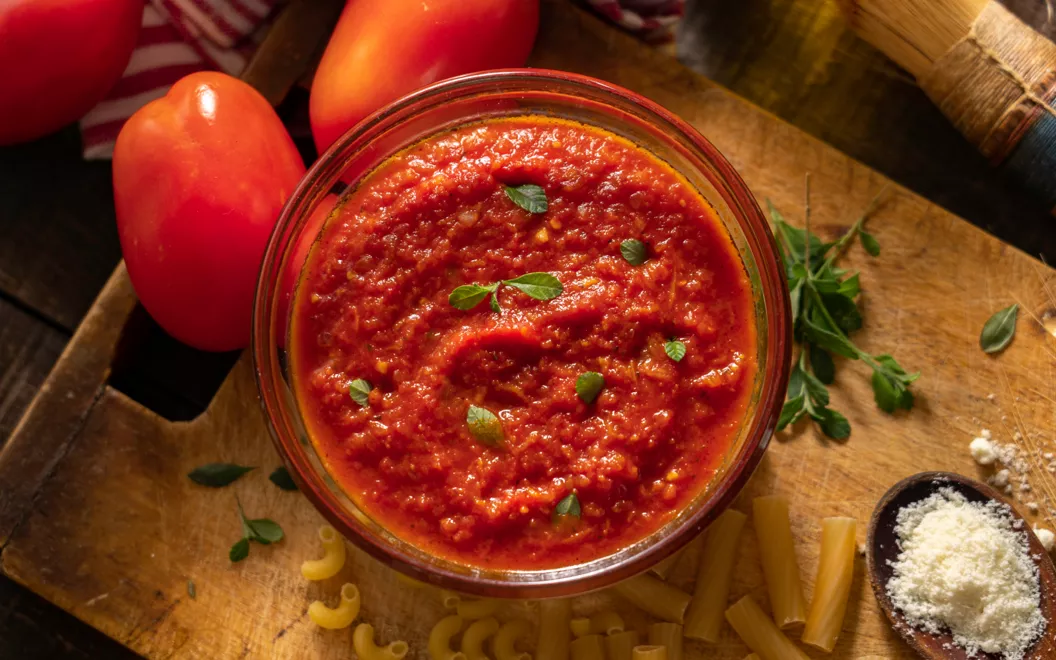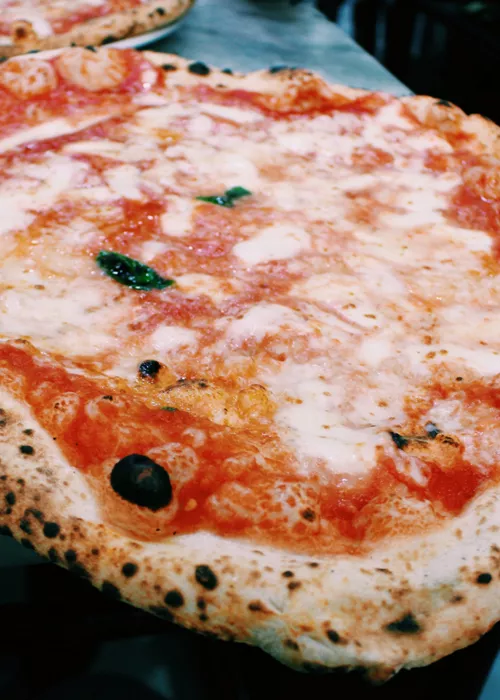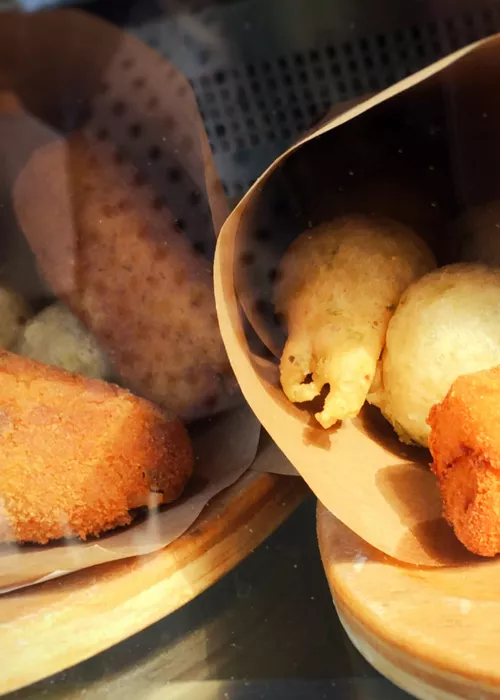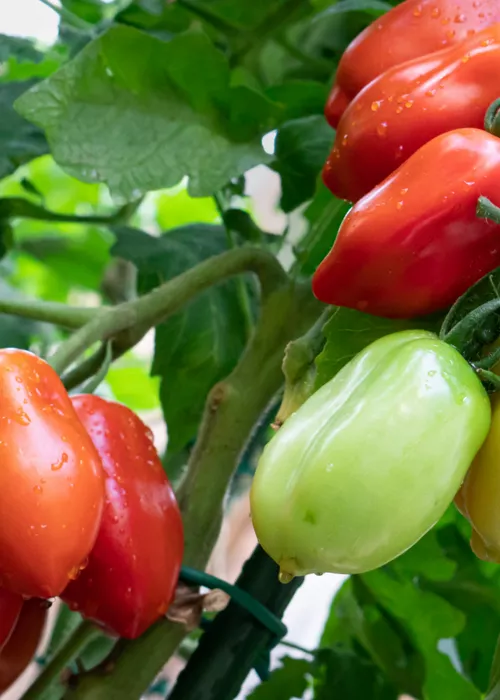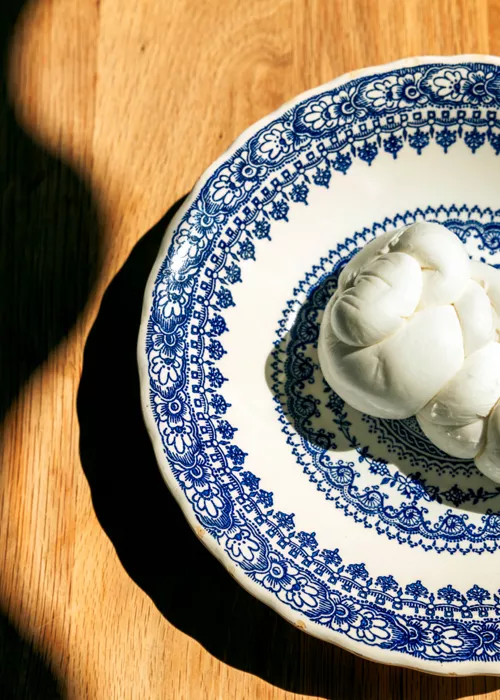In Campania, where food culture is a way of life
3 minutes

From the delicious fish delicacies of the seashore to the mozzarella and other dairy products of the coastal plains, to the meats and mature cheeses of the high hills and mountains, via vegetables, fruit and forest products: Campania is a cornucopia of flavours.
Pizza, an intangible heritage of humankind and the best known Campanian dish around the world, is an international star and can be eaten throughout the entire region, especially in Naples. If you are curious to know how to bake the "Verace Pizza Napoletana", you must know that since 1984 an international Disciplinary has been in operation to promote and protect this iconic dish in Italy and around the world.
First courses include spaghetti al pomodoro (spaghetti with tomato sauce), maccheroni al ragù (with meat and San Marzano tomatoes), soups with pasta and beans, minestra maritata (with vegetables and meat), gnocchi alla sorrentina, and macaroni fritters.
Meat dishes include braciole (meat rolls with grated pecorino cheese, pine nuts and sultanas cooked in fresh tomatoes), potato gattò, and rabbit alla cacciatora, from an ancient Ischian tradition.
On the coast, treat your palate to drowned octopus, mussel stew or a mixed fry of potato croquettes, rice croquettes, panzerotti, pasta cresti, and seasonal vegetables.
Still a hole in your stomach? There's the buffalo mozzarella, in the Casertana and Salernitana variants.
On the dessert front, roccocò, mostaccioli, struffoli speak of Christmas, while Easter time is marked by the pastiera and the sweet casatiello.
Babà and sfogliatella take pride of place, with a special mention for torta Caprese, while quality wines play on all fronts: from Falanghina to Greco di Tufo, from Falerno del Massico to Fiano di Avellino, to name but a few.
Discovering the Sorrento Peninsula
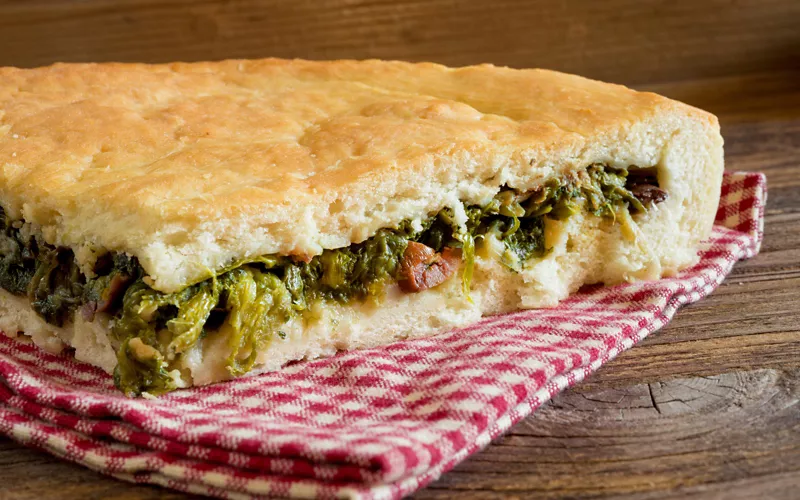
A tasting tour of the specialities of the promontory that closes the Gulf of Naples to the south, with glimpses of Vesuvius, Procida and Ischia.
Start from Castellamare di Stabia where you can enjoy spaghetti with mussels and pecorino cheese and the caponata stabiese, made with durum wheat fresella (chianetta) topped with tomatoes and pickles.
In Vico Equense, you will find Provolone del Monaco DOP, made from cow's milk grazing on the Lattari Mountains, and Riavulillo (in Neapolitan 'little devil'), with a heart of black olives and chilli pepper. The “vicana” pizza is also worth trying.
In Sorrento, as the typical fruit of the Sorrento coast, the lemon is the protagonist of many recipes. One of these gives rise to Limoncello, a legendary liqueur exported, and emulated, all over the world. The citrus fruit is also used to cook “Delizia al limone di Sorrento”, a sponge cake with cream and icing, both lemon flavoured.
Gnocchi alla Sorrentina, with basil, mozzarella, grated cheese and Sorrento dop olive oil, is another local must, with the local tomatoes, famous for their large shape, suitable for preparing fresh salads (such as Caprese).
Massa Lubrense extra virgin olive oil welcomes you with its yellowish-green colour, combined with lemon and limoncella apple (linked to the hamlet of Sant'Agata sui due golfi) so called for its sour aroma reminiscent of citrus fruits.
Typical dishes
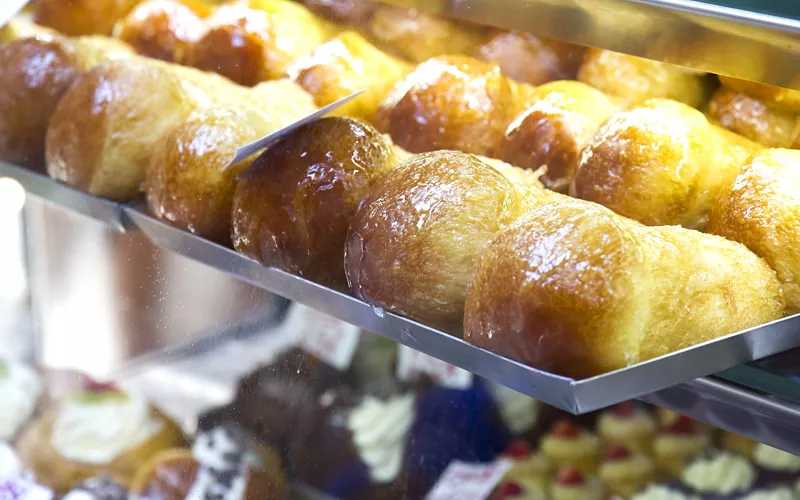
Scarola Pizza
At Christmas time on Campania's tables, it is a mandatory accompaniment to a meal with this deliciously traditional Neapolitan vegetable pizza, which is excellent both hot and cold. A burst of flavours will delight your palate and you won't know whether to prefer the rustic taste of the sautéed escarole or the sweet, soft taste of the homemade dough. Let yourself be creative with the toppings: olives, capers, sultanas, pine nuts, anchovies, garlic and chilli peppers.
The Babà
Did you know that this timeless Neapolitan sweet (actually of Polish origin) 'drenched' in rum, perhaps takes its name from Ali Babà, character from The Thousand and One Nights? Its preparation involves attention to the long leavening process. If you are teetotal or do not like rum, you may enjoy the baba with a non-alcoholic sauce, prepared just for you.

